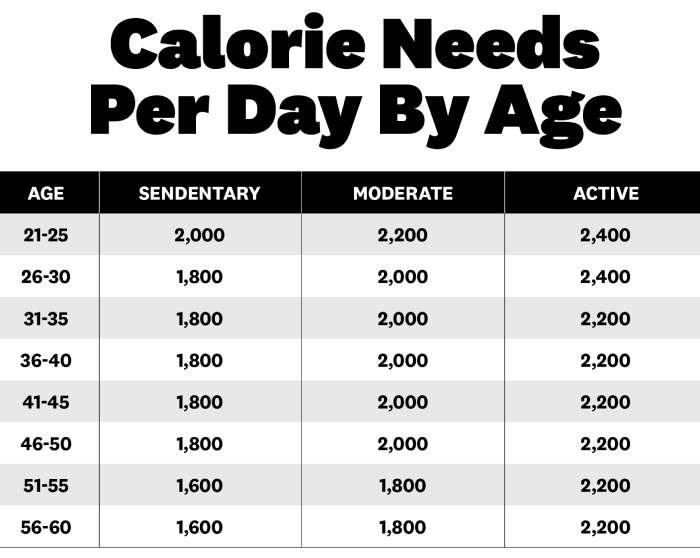How Often Should I Eat to Lose Weight? You’re not alone. Eating frequently can be a great way to improve your health and help with weight loss, but knowing how often you should be eating is important.
This article discusses the benefits of eating frequently, meal timing strategies, calculating calorie needs, healthy meal ideas, and tracking progress.
Contents
- 1 Benefits of Eating Frequently: Understanding the Positive Impact on Weight Loss
- 1.1 Meal Timing Strategies: Crafting an Effective Schedule for Weight Management
- 1.2 Calculating Calorie Needs: Tailoring Intake to Support Weight Loss Goals
- 1.3 Healthy Meal Ideas: Nutrient-Rich and Balanced Options for Regular Consumption
- 1.4 Tracking Your Progress: Utilizing Tools to Monitor and Adjust Eating Habits for Success
- 1.5 Frequently Asked Questions:
- 1.6 Conclusion:
Benefits of Eating Frequently: Understanding the Positive Impact on Weight Loss

Eating frequently throughout the day benefits those trying to lose weight. It helps reduce hunger and cravings, allowing you to make healthier food choices and stick to a sensible caloric deficit.
Frequent, smaller meals also help maintain a healthy gut, optimizing the digestive system.
Plus, eating more frequently gives you more control over your portion sizes, which is essential for weight loss.
Eating several smaller meals throughout the day can also boost your metabolism, as your body has to work harder to digest the food.
Therefore, eating frequently can be an effective way to help you reach your weight loss goals.
Meal Timing Strategies: Crafting an Effective Schedule for Weight Management
When it comes to meal timing, there are certain strategies you can use to maximize your weight loss efforts:
- Eating Patterns:
- Eating smaller, more frequent meals throughout the day
- Eating every 3-4 hours
- Meal Planning:
- Pre-planning meals and snacks for the week
- Sticking to a set meal schedule
Using these strategies, you can ensure you eat the right calories and nutrients at appropriate times to support your weight loss efforts.
Additionally, pre-planning your meals can help save time and money while avoiding unhealthy or high-calorie impulse purchases.
As with any lifestyle change, consistency is key. Aim to establish an eating pattern you can stick to to achieve the best results.
Calculating Calorie Needs: Tailoring Intake to Support Weight Loss Goals

Building on meal timing strategies and calculating your calorie needs is essential for creating an effective weight-loss diet. The most effective way of doing this is by counting calories.
To accurately calculate your calorie needs, you must determine your basal metabolic rate (BMR) and activity level. Your BMR is the minimum energy your body needs to function, and your activity level is the energy you require for physical activities.
Once you have determined your BMR and activity level, you can calculate your caloric needs.
It’s also important to incorporate portion sizes. Eating smaller portions of healthy foods can help you satisfy your calorie needs.
Healthy Meal Ideas: Nutrient-Rich and Balanced Options for Regular Consumption
Now that you know your calorie needs and portion sizes, what healthy meals can you make to help you lose weight? Eating healthy meals is key to weight loss success. Here are some ideas to get you started:
- Focus on portion control:
- Choose smaller portions of nutrient-dense foods like fruits, vegetables, proteins, and whole grains.
- Limit processed, sugary, and high-fat foods.
- Be mindful of what you’re eating:
- Be aware of your hunger and fullness signals.
- Choose healthy snacks like nuts and fruit.
- Enjoy meals without distractions like television or technology.
Eating right and exercising regularly are key to successful, sustainable weight loss. You can reach your goals and maintain a healthy lifestyle with portion control and mindful eating.
Tracking Your Progress: Utilizing Tools to Monitor and Adjust Eating Habits for Success
Tracking your progress as you eat to lose weight is key to seeing results. Active tracking helps you to be mindful of your daily food intake and measure your progress over time.
This can be done manually with a food journal or an app or website that tracks your food intake and macro monitoring.
Keeping track of your progress can help motivate you to stay on track and alert you when you’re veering off track. Monitoring your progress regularly can help you adjust your diet and exercise habits to reach your weight loss goals.
Understanding how and when to track your progress is essential for success.
Frequently Asked Questions:
For effective weight loss, focus on both exercise and portion control. Incorporate aerobic activities and strength training into your routine. Eating habits are also essential; divide meals into smaller, more frequent portions throughout the day.
You may consider taking supplements to aid in your weight loss journey. However, focus on calorie counting and meal planning for the most effective results. Supplements can be beneficial, but these key components should never be replaced.
Research shows that drinking water regularly throughout the day can help optimize weight loss. Aim to drink water at least 8 times a day, with each serving being 8-12 ounces. Incorporating this drinking frequency into your routine will help you reach your weight loss goals.
Try reducing portion sizes and being mindful when eating. Avoid processed foods, sugary snacks, and fried foods to help you lose weight faster.
Getting enough sleep is essential for reaching your weight loss goals. Slowing your metabolism and avoiding late-night snacking are key. Aim for 7-8 hours of quality sleep each night.
Conclusion:
Eating frequently can help you reach your weight loss goals and improve your overall health. By planning your meals, tracking calories, and ensuring you get plenty of nutrients, you can create a balanced diet that works for you.
Remember, consistency is key – so stick with your plan, and you’ll see results in no time. As they say, Rome wasn’t built in a day – but with the right plan, you can set yourself up for success.

Santhan, known to many as Linda, combines her personal training expertise with exceptional motivational coaching skills. Her articles are not just informative but also incredibly inspiring, encouraging readers to take action and pursue their fitness goals. Linda’s unique approach to writing integrates practical fitness guidance with motivational elements, making her content both useful and uplifting.
